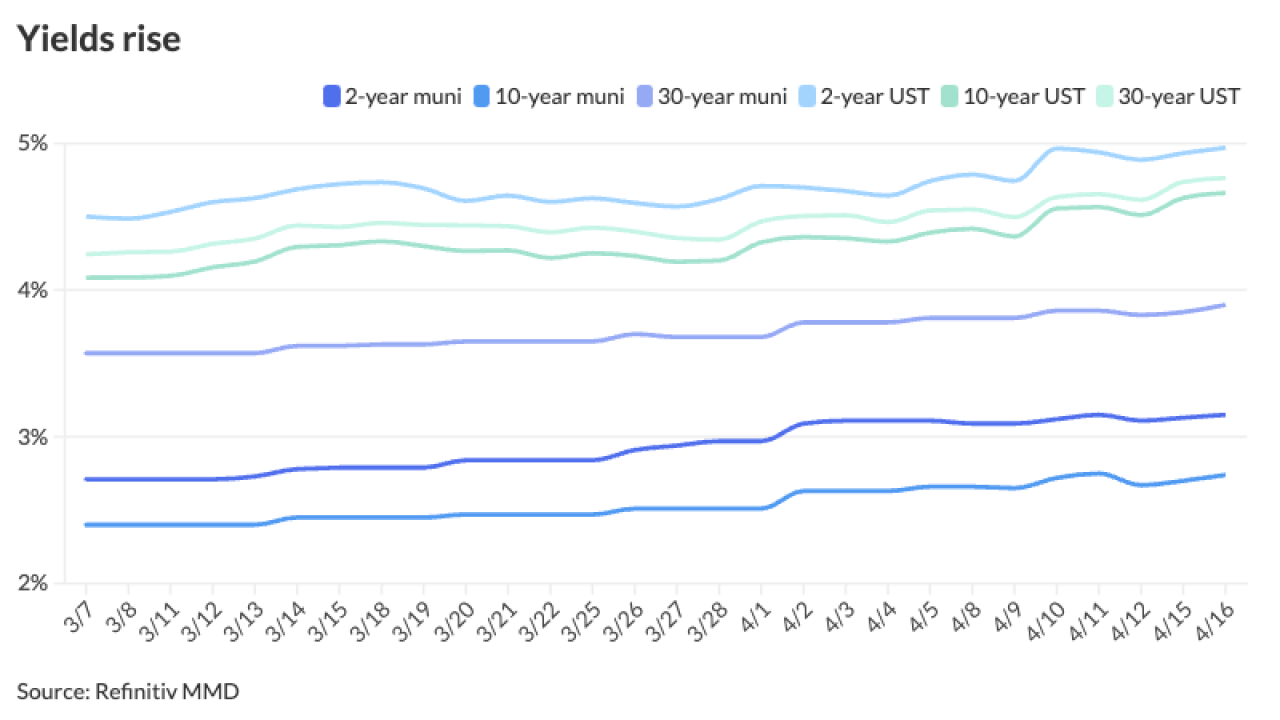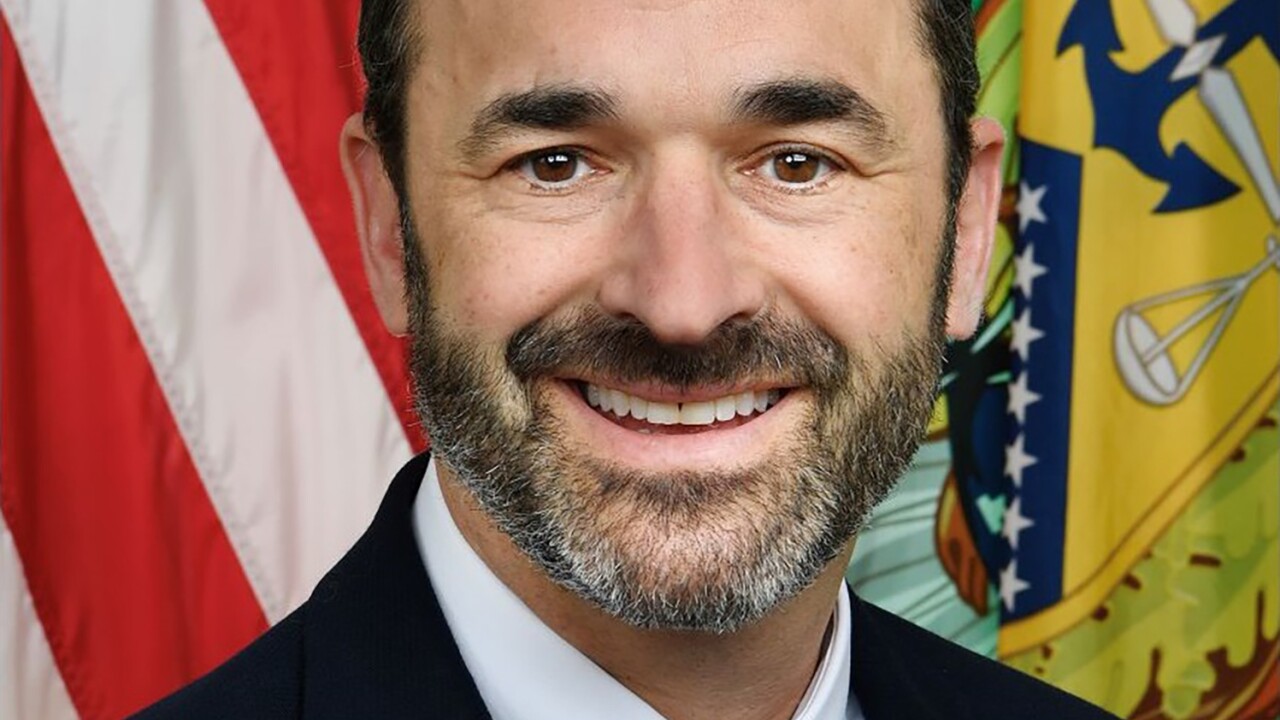CHICAGO — Illinois collected $3.4 billion more in base revenue during fiscal 2011 than the previous year thanks mostly to an income tax hike approved midway through the year and aided by a recovering economy, according to a new report from the state's nonpartisan legislative commission.
The numbers' strength was tempered, however, by the contributions of two one-shots. A tax amnesty program accounted for $392 million of the growth and $354 million came from non-general fund transfers during the fiscal year that ended June 30.
The strong increase followed a "dismal" $2 billion drop in revenue a year earlier, according to Jim Muschinske, revenue manager for the Commission on Government Forecasting and Accountability.
"Obviously, the tax changes enacted halfway through the fiscal year played the key role in the increase, as did the tax amnesty program which occurred in the fall," Muschinske wrote. "The magnitude of the effect of those items often served to mask the underlying improvement in the economic sources that was happening simultaneously with the tax changes."
Personal income taxes rose by nearly $2.7 billion, corporate income collections rose by $491 million, and sales taxes grew by $525 million, with an especially strong showing in the second half of the fiscal year. Base revenue growth was generally lackluster during the first quarter of the fiscal year. June revenues were robust, climbing by $905 million as the state successfully maximized matching Medicaid funds at a higher rate that expired at the end of June.
Total fiscal 2011 general fund revenue of $36.7 billion exceeded initial budget estimates by $1.9 billion, but that overall figure includes $1.3 billion of short-term borrowing, $1.2 billion from tobacco bond proceeds, and $3.7 billion from pension-related payments.
The income tax increase is expected to generate about $6.8 billion annually for the next four years. Illinois raised the individual rate to 5% from 3% and the corporate rate to 7% from 4.8%. After four years, the rates roll back to 3.75% and 5.25%, respectively, and are slated to drop further to rates of 3.25% and 4.8% in 2025.
At the start of fiscal 2012, the economic recovery may have hit a soft patch, with housing values remaining depressed and consumer prices on the rise, the report said, but offsetting their impact is a drop in oil prices and a softening of food and energy prices. A possible agreement on the nation's debt crisis also could contribute to economic improvement, and "it still seems likely that the economy will show at least some improvement in the months ahead, rather than continuing its recent deteriorating course," the report reads.
While the income tax hike bolstered the state's balance sheet, Illinois still faces a severe structural budget problem as it carried $8 billion in unpaid obligations into the new fiscal year this month. Gov. Pat Quinn failed to win legislative approval for a debt issue to cover the unpaid bills and other expenses. The state has until the end of December to pay off fiscal 2011 obligations.
The new budget could receive an infusion of one-time cash from casino licenses. Lawmakers approved a massive expansion of gambling that includes five new casino licenses estimated to raise an up-front payment of $1.5 billion, and $500 million in new annual revenue. Quinn has called the bill "excessive" and lawmakers may amend it before sending it to his desk.
The governor late last month signed into law a $32.99 billion general fund budget after vetoing $276 million in Medicaid spending, $89 million for school transportation, and $11 million to support regional school superintendents. When all funds are counted, the state's budget for fiscal 2012 rises to $56.2 billion.
Quinn late last week announced that lawmakers failed to include $75 million in the budget to cover 2% employee pay raises called for in their contracts. The state's unions were caught off guard by the announcement and are expected to mount a legal challenge. "If they decide to sue, that's their right and we'll be happy to meet them in court," Quinn said.
After a series of downgrades, Illinois' GO bonds are rated A1 by Moody's Investors Service, A-plus by Standard & Poor's and A by Fitch Ratings.





